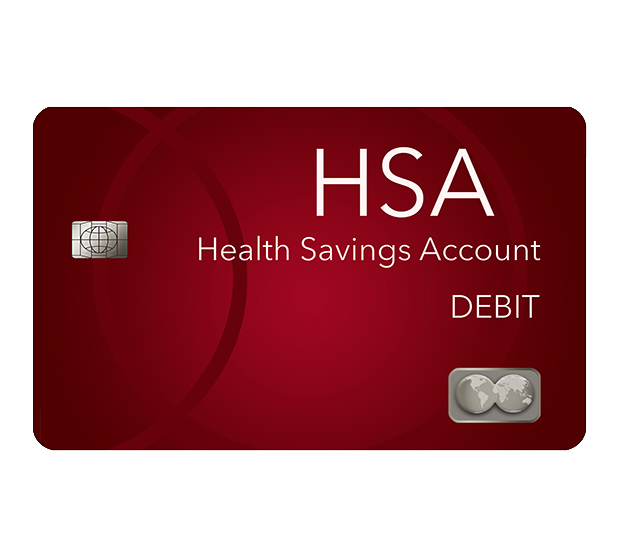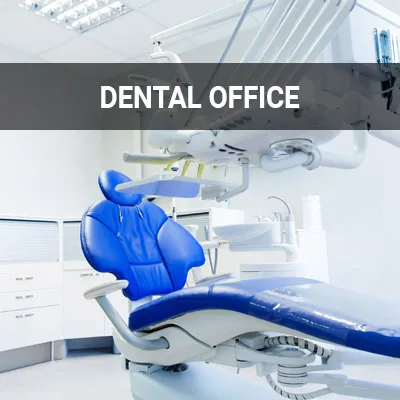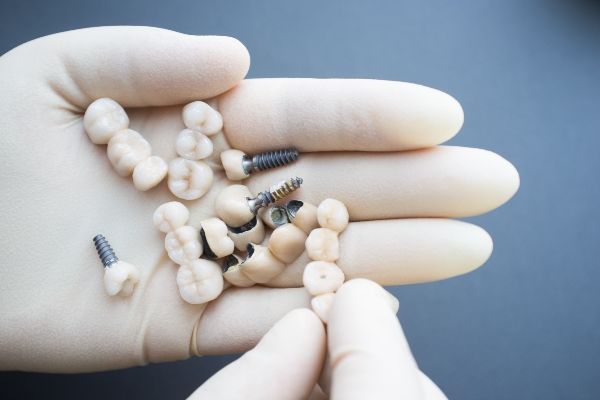When to Spend Your HSA Downey, CA
The cost of healthcare can be intimidating. Luckily, there are ways to save on insurance and out-of-pocket costs. A healthcare savings account is one strategy to help offset the cost of medical and dental expenses.
Patients with healthcare savings accounts can use them for dental services at Valley Family Dental Group in Downey and the surrounding area. Our team works with clients to determine the optimal financial strategy for treatment. Call us at (562) 450-1257 to learn more or to schedule an appointment.
An Investment Tool for Retirement
As Healthcare.gov explains, an HSA is a tax-free account people use to help cover some medical costs. To contribute to an HSA, patients must have a high-deductible insurance plan. There is a yearly limit to the amount of money contributed to an HSA plan.
Unlike flexible savings accounts, the funds in an HSA roll over each year. This allows the balance to continue to grow. Once individuals reach retirement age, they can use their HSA funds for anything, not just medical expenses. An HSA is a great investment tool for retirement since other types of retirement accounts incur taxes.
“An HSA is a great investment tool for retirement since other types of retirement accounts incur taxes.”
HSA Tax Benefits
One of the greatest benefits of opening an HSA is its lower tax liability. Lowering tax liability with an HSA allows people to keep more of their paycheck each year and give less to the IRS. Benefits to opening and contributing to an HSA include:
- Contributions: The money contributed to an HSA is not taxed. Some people set their accounts up so that contributions are automatically taken out of their pay each month. The HSA withdraws the contribution before taxes, so it does not count as income and lowers the yearly tax liability.
- Earnings: An HSA account can earn interest. Earnings on an HSA account are also tax-free. The larger an HSA balance is, the more tax-free earnings it can get.
- Withdrawals: When it is time to use a portion of the HSA account, withdrawals are also not taxed. People can use their withdrawals for any type of qualifying medical expense. There is no need to time medical expenses by the calendar since an HSA does not need to be spent by the end of the year.
“Lowering tax liability with an HSA allows people to keep more of their paycheck each year and give less to the IRS.”
Investing and Spending Strategies
The key to taking advantage of the HSA rules is to spend and invest wisely. Since there are many benefits to keeping an HSA for retirement expenses, it is important for people not to spend all their contributions. Instead, opt to spend a little on routine out-of-pocket medical or dental expenses and keep the balance growing with contributions.
Many dental expenses qualify for HSA spending. For items that are not covered by insurance, the HSA can help bridge the gap. To grow an HSA balance, it is a good idea to invest a portion of it in mutual funds, bonds, or stocks.
“To grow an HSA balance, it is a good idea to invest a portion of it in mutual funds, bonds, or stocks.”
Check out what others are saying about our dental services on Yelp: When to Spend Your HSA in Downey, CA
Transferring an HSA When Changing Jobs
When changing jobs, there is a procedure for transferring the HSA to the next employer. The rules of transferring an HSA are dependent on the employer-sponsored health insurance plan. If the new workplace does not offer a high-deductible health plan, the employee may not be eligible for making contributions to the HSA anymore.
It may be necessary to roll over the funds from one HSA account to another when transferring to another employer-sponsored HSA. Another option is to keep the old account open and start a second HSA with the new employer. While the old HSA will not be available for contributions, people can still use it for withdrawals.
“The rules of transferring an HSA are dependent on the employer-sponsored health insurance plan.”
Questions Answered on This Page
Q. Why is an HSA a good investment tool for retirement?
Q. What are the HSA tax benefits?
Q. How should people spend and invest their HSA contributions?
Q. How can people transfer their HSA when changing jobs?
Q. When is the right time to open an HSA?
People Also Ask
Q. What are the pros and cons of an HSA?
Q. What factors should people consider when choosing a dental insurance plan?
Q. Beyond regular checkups, what additional procedures might a dentist recommend?
The Right Time To Open an HSA
There are different strategies for the timing of opening a new HSA. If a person is qualified, they can open an HSA account at any time. We recommend that people open an HSA at the beginning of their careers when they are young and healthy and do not have many medical expenses.
Young people may also benefit from a high-deductible plan and get the most out of the potential long-term retirement savings. People interested in opening an HSA should develop an investment and savings strategy. Then they should research the different options for opening and setting up an HSA.
“The rules of transferring an HSA are dependent on the employer-sponsored health insurance plan.”
Frequently Asked Questions
Q. What are some examples of qualified medical expenses for a healthcare savings account?
A. HSA withdrawals are only tax-free when spent on qualifying medical expenses. These include out-of-pocket expenses for doctor visits, medical procedures, co-pays, dental costs, vision care, medications, and feminine hygiene products. The expenses can be for the individual, a spouse, or a dependent.
Q. How much can I contribute each year to my HSA?
A. Each year, the IRS sets a limit on the amount of money someone can contribute to an HSA. For 2021, the limit for an individual is $3,600, and for a family, it is $7,200. Individuals over the age of 55 can contribute an additional $1,000 each year as a catch-up contribution.
Q. What is a high-deductible health insurance plan?
A. To qualify for an HSA, an individual must be participating in a high-deductible health plan. With these, the individual is responsible for paying a certain amount before the health insurance company steps in and starts covering expenses. The deductible needs to be at least $1,400 for an individual plan or $2,800 for a family plan.
Q. What are the penalties for withdrawing funds for ineligible purchases for an HSA?
A. There is a penalty when using an HSA to pay for things that are not qualifying medical expenses. First, you have to pay taxes on that money as it now counts as income. Next, if you are younger than 65, you are charged another 20% penalty on the funds. To avoid this, do not withdraw HSA funds for non-medical expenses.
Q. Who else can contribute to my HSA?
A. Some employers also make contributions to their staff's HSA plans. If your job contributes to your HSA, be sure that you do not go over the IRS contribution limit. Excess contributions will result in a 6% tax penalty.
Dental Terminology
Call Us Today
There are many advantages to HSA, from managing the costs of some dental treatments to investing for retirement. Our team can help you understand how these savings accounts work and what expenses qualify. Call us at 562-450-1257 for more information or to schedule an appointment.
Helpful Related Links
- American Dental Association (ADA). Glossary of Dental Clinical Terms. 2024
- American Academy of Cosmetic Dentistry® (AACD). Home Page. 2024
- WebMD. WebMD’s Oral Care Guide. 2024
About our business and website security
- Valley Family Dental Group was established in 2019.
- We accept the following payment methods: American Express, Cash, Check, Discover, MasterCard, and Visa
- We serve patients from the following counties: Los Angeles County
- We serve patients from the following cities: Downey, South Gate, Paramount, Bellflower, Norwalk, Santa Fe Springs, Bell Gardens, Lynwood, Pico Rivera and Cudahy
- Norton Safe Web. View Details
- Trend Micro Site Safety Center. View Details
Back to top of When to Spend Your HSA










